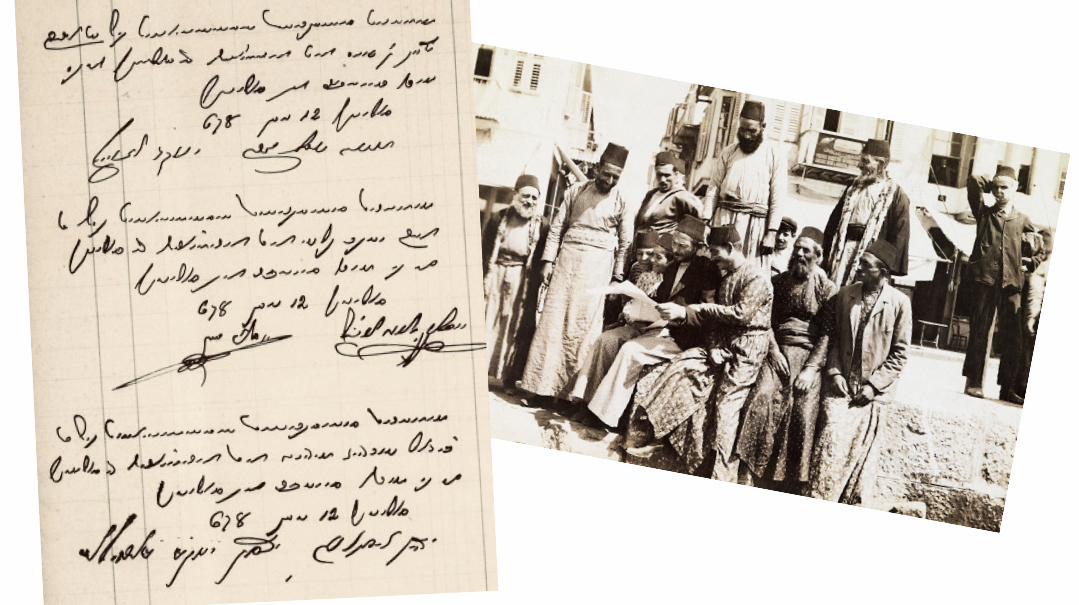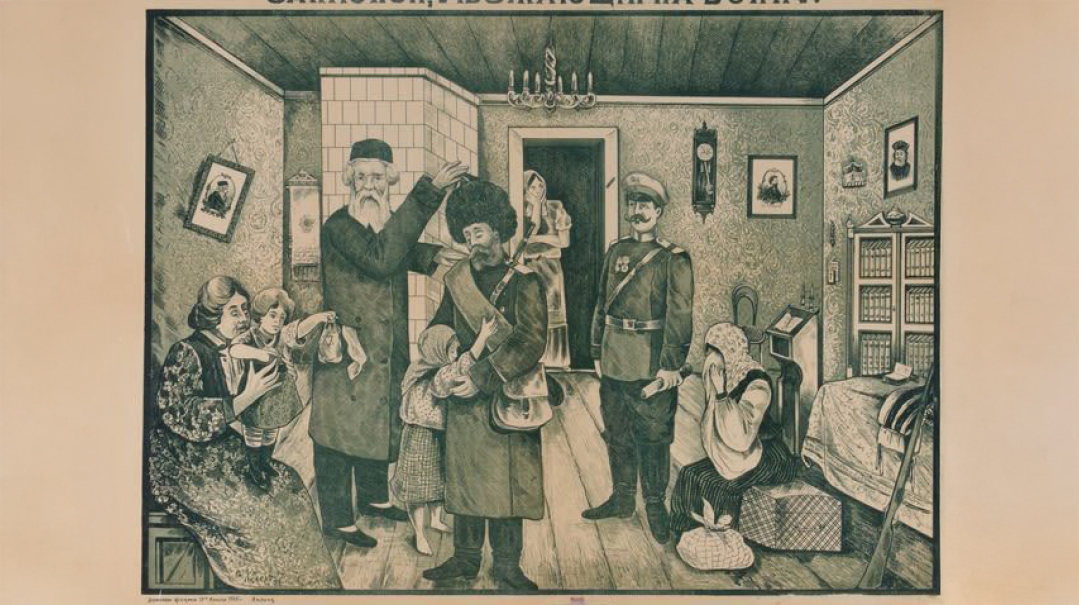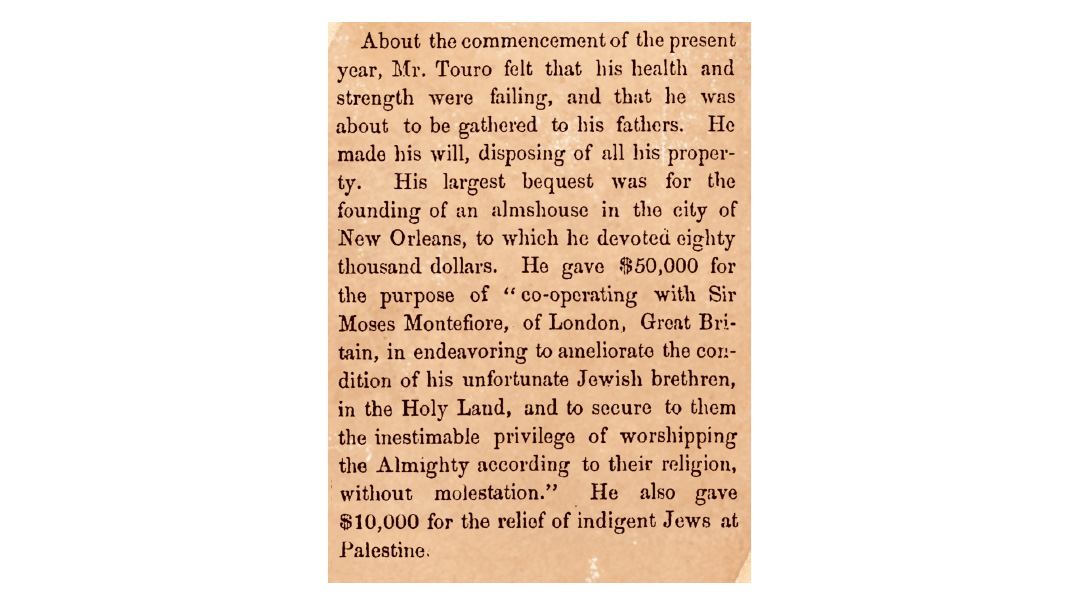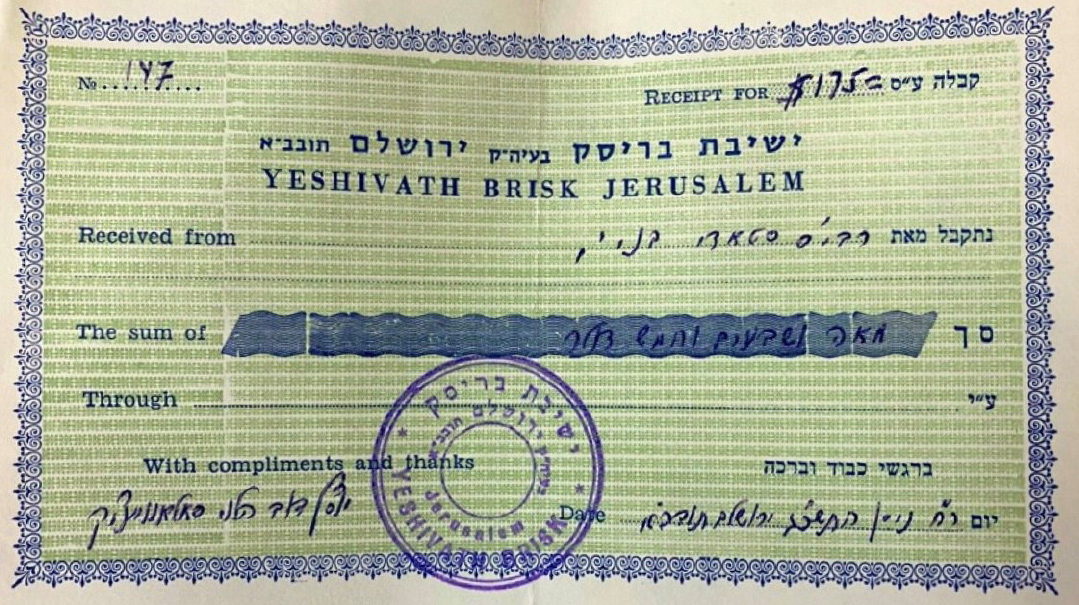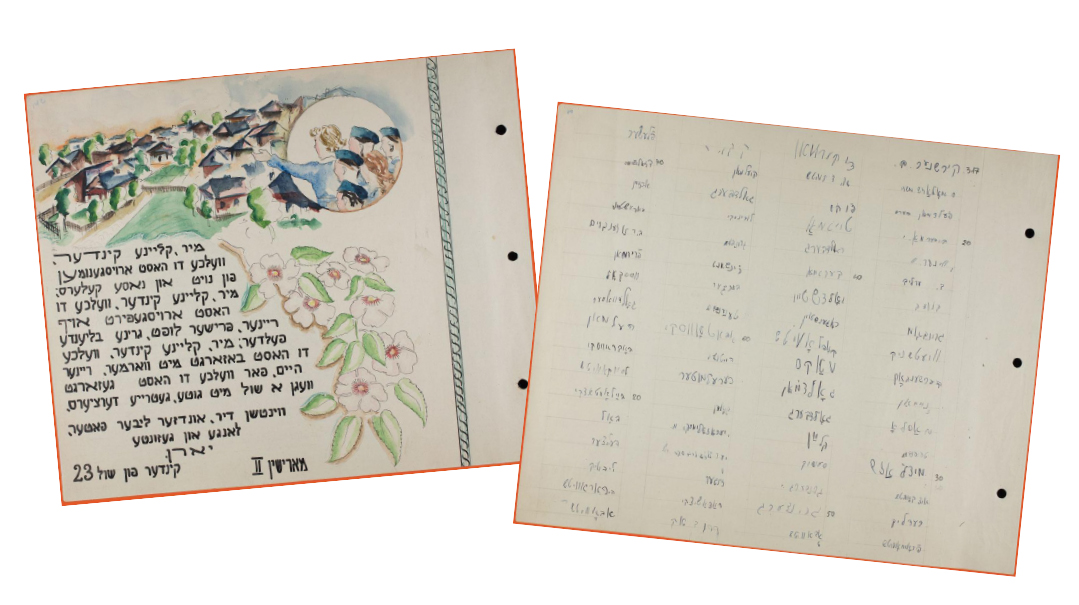Oy Vey Iz Mir
| February 22, 2022The reality of Polish life in the countryside, outside the cocoon of sheltered yeshivah life
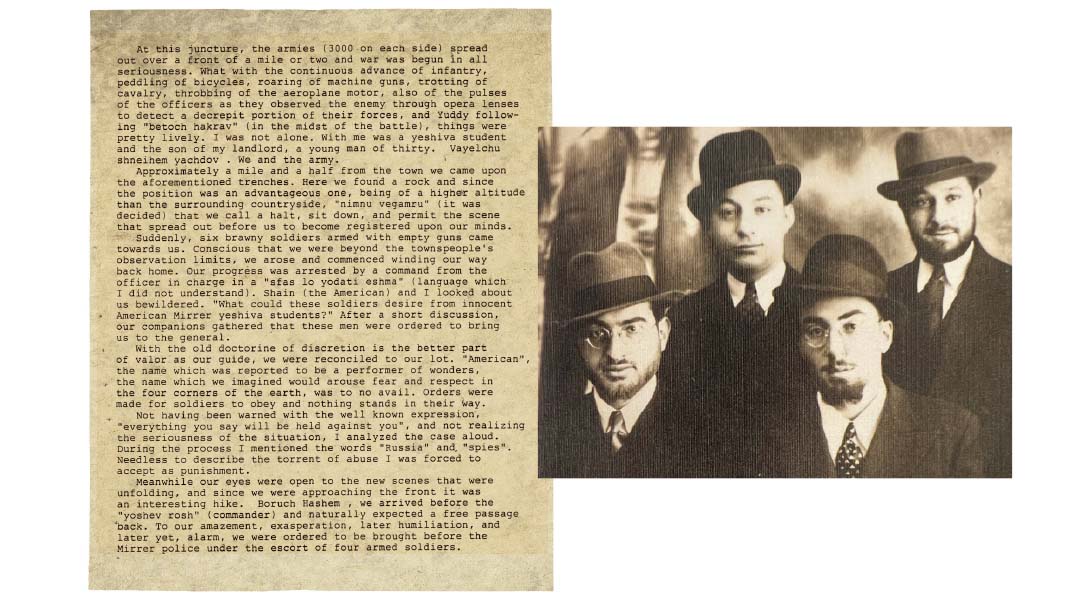
Title: Oy Vey Iz Mir
Location: Mir, Poland
Document: Excerpt from letter
Time: August 1932
When Yehuda Leib (Yudi) Gordon arrived at the Mir Yeshivah in Poland in 1932, he was the second of three brothers from Queens who merited to study there. Yudi was a curious, intelligent, and expressive individual who often penned letters to his family back home describing his experiences. These letters provide an invaluable window into the world of prewar Mir.
The area around the small town had been the site of some historic battles, and as a result the Polish military would occasionally carry out maneuvers and war games involving infantry, cavalry, artillery, and aircraft. Naturally this was a spectacle to behold, so young Gordon — after an internal struggle over missing second seder — went to observe. As it turned out, he wasn’t the only one. “I noticed that it was bedecked on both sides with outstretched necks.… Singling out a group of our yeshivah boys, I joined them.”
Trying to get a better view of the action, they inched closer, until they were suddenly confronted by several Polish soldiers and hauled in front of a general. Bewildered, he and Moshe Shain (husband of Ruchoma Shain of All for the Boss fame) wondered, “What could these soldiers desire from innocent American Mirrer yeshivah students?” This was followed by an interrogation at the Mir police station.
“Why did you come to Poland?”
“To study at the yeshivah.”
“Aren’t there yeshivos in the US?”
“The Polish teachers are more qualified….”
After a harrowing few hours they were released, and Gordon summarized the affair:
“I made a cheshbon hanefesh. Four and half hours of learning were lost. I missed Minchah… I didn’t sleep well… On the other hand, I received a fairly decent impression of how a battlefield is conducted. I experienced being under suspicion, and my conduct at that time….”
The narrative reflects a confrontation with the reality of Polish life in the countryside, outside the cocoon of sheltered yeshivah life. The summation also provides a glimpse of the mussar impact of the Mir Yeshivah in its heyday, with the great mashgiach Rav Yerucham Levovitz at its helm. As Yudi analyzes his brush with the Polish military, he subjects himself to self-criticism on one hand, yet on the other hand seems proud of how he conducted himself under pressure
The Polish military didn’t fare as well, even with its Mir vicinity maneuvers. In September 1939, the Wehrmacht outflanked the Polish divisions. Though the Polish army inflicted approximately 45,000 casualties on the German invaders, the failure of France and England to attack Germany from the west, coupled with the Soviet invasion on the eastern front on September 17, sealed Poland’s fate. The Mir Yeshivah went into exile and made it to Shanghai, China, but the Jewish population of the town was martyred at the Nazis’ hands in the summer of 1942.
Mir Wars
The town of Mir was the site of battle during the Swedish invasion in the 17th century, and again during the partitions of Poland in 1792, when a Polish-Lithuanian force fought the Russians at the Battle of Mir, which ended in a Russian victory. During the Napoleonic invasion of Russia in 1812, another battle was fought in Mir, with the town’s famed castle destroyed in the combat.
Mir Bred
Rabbi Yehuda Leib Gordon (1914–1968), born in America, studied for seven years as a bochur in the yeshivos of Mir and Kamenitz. On Friday nights in his later years, he’d often review typewritten Chumash shiurim that Rav Yerucham Levovitz had delivered to the non-Eastern European talmidim. He lived for a time in Rav Boruch Ber Leibowitz’s apartment in Kamenitz, and some of his notes appear in a compendium of Rav Boruch Ber’s shiurim. He later served as rav in Denver, Colorado, and Hartford, Connecticut. After entering the business world, he retained a close connection to his friends from Mir, and considered those years in Europe the most significant of his life.
For more on Rabbi Yehuda Leib Gordon and his Mir experiences, see the book A Tale of Two Worlds by Devora Gliksman (ArtScroll).
(Originally featured in Mishpacha, Issue 900)
Oops! We could not locate your form.
